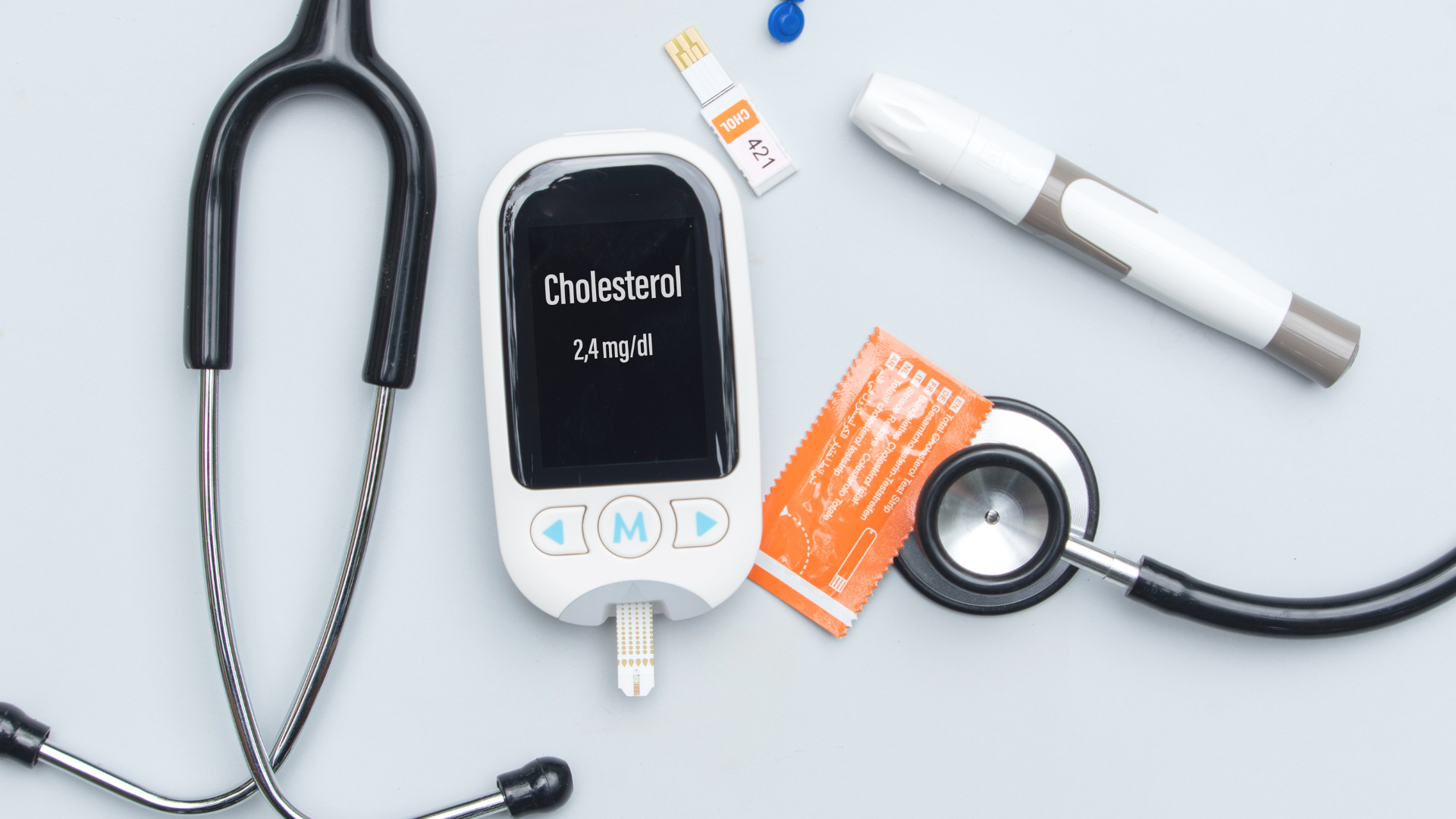In recent years, the link between gut health and overall immunity has become one of the most researched and talked-about topics in the health and wellness world. The gut—often referred to as the “second brain”—does more than just digest food. It plays a crucial role in supporting the immune system, regulating inflammation, and protecting against disease.
In this blog post, we’ll dive deep into the fascinating connection between gut health and immunity, explore the role of the gut microbiome, and provide actionable steps to improve your gut health naturally. Whether you’re battling frequent colds, dealing with digestive issues, or simply striving to feel your best, understanding how to strengthen your gut can make all the difference.
What is Gut Health?
Gut health refers to the balance and function of bacteria and other microorganisms that live in the digestive tract, particularly in the intestines. Collectively, these microbes are known as the gut microbiome, which includes beneficial bacteria, fungi, viruses, and even parasites.
A healthy gut microbiome:
- Aids in the digestion and absorption of nutrients.
- Synthesizes certain vitamins (like B12 and K).
- Helps regulate hormones.
- Plays a major role in brain function and mood.
- Most importantly, it supports a strong immune system.
The Gut-Immune Connection: Why It Matters
Did you know that approximately 70% of the body’s immune cells reside in the gut?
That’s because the digestive tract is the largest interface between the external environment and your internal body. Everything you eat, breathe, or ingest eventually makes its way to the gut. To protect you from harmful pathogens, toxins, and bacteria, the gut is equipped with a complex immune network called the gut-associated lymphoid tissue (GALT).
When your gut microbiome is balanced and healthy, it:
- Enhances the body’s ability to fight infections.
- Reduces inflammation.
- Helps develop immune tolerance, which is essential in preventing allergies and autoimmune diseases.
Conversely, when gut health is compromised, it can lead to chronic inflammation, weakened immune response, and even increased susceptibility to illnesses like flu, food intolerances, and autoimmune disorders.
Signs Your Gut Health May Be Compromised
Recognizing the signs of poor gut health can help you make proactive changes. Here are some common symptoms:
- Frequent bloating, gas, or indigestion
- Food intolerances or sensitivities
- Fatigue and low energy
- Unexplained weight gain or weight loss
- Chronic skin conditions (acne, eczema, rosacea)
- Weakened immunity and frequent infections
- Mood disorders such as anxiety and depression
If you experience several of these symptoms regularly, it might be time to focus on improving your gut health.
Top Factors That Harm Gut Health
Understanding what negatively affects the gut is key to making better lifestyle decisions. Some common disruptors include:
1. Poor Diet
A diet high in processed foods, added sugars, refined carbs, and unhealthy fats can promote the growth of harmful bacteria and reduce the diversity of beneficial microbes.
2. Overuse of Antibiotics
While antibiotics can save lives, their overuse can wipe out both good and bad bacteria, leaving the gut microbiome depleted.
3. Chronic Stress
Long-term stress impacts gut motility, blood flow, and can trigger inflammation, affecting both digestion and immunity.
4. Lack of Sleep
Poor sleep quality can disrupt the circadian rhythm, which influences gut function and microbial balance.
5. Sedentary Lifestyle
Regular physical activity supports gut diversity and helps regulate inflammation. A lack of movement can contribute to sluggish digestion and microbial imbalance.
How to Improve Gut Health Naturally
The good news? There are plenty of effective, science-backed ways to improve your gut health and, by extension, your immune system.
1. Eat a Diverse Range of Foods
A diverse diet leads to a more varied microbiome, which is a key indicator of good health. Include:
- Fresh fruits and vegetables
- Whole grains
- Legumes
- Nuts and seeds
2. Add More Fermented Foods
Fermented foods contain beneficial probiotics that boost gut health:
- Yogurt (with live cultures)
- Kefir
- Kimchi
- Sauerkraut
- Miso
- Kombucha
3. Include Prebiotic-Rich Foods
Prebiotics are types of fiber that feed healthy gut bacteria:
- Garlic
- Onions
- Leeks
- Bananas
- Asparagus
- Chicory root
4. Limit Sugar and Artificial Sweeteners
Excess sugar can feed harmful bacteria and yeasts, disrupting the microbial balance. Artificial sweeteners like sucralose and aspartame may also negatively affect the gut flora.
5. Stay Hydrated
Drinking enough water is essential for the mucosal lining of the intestines and supports digestion and nutrient absorption.
6. Exercise Regularly
Aim for at least 30 minutes of moderate exercise most days of the week to encourage healthy gut bacteria and boost immunity.
7. Manage Stress
Incorporate stress-reducing techniques such as:
- Meditation
- Yoga
- Deep breathing exercises
- Journaling
- Nature walks
8. Get Enough Sleep
Adults should aim for 7–9 hours of quality sleep each night to support both immune and gut function.
9. Consider Probiotic Supplements
If you’ve taken antibiotics recently or struggle with chronic digestive issues, a high-quality probiotic supplement can help restore microbial balance. Look for strains like:
- Lactobacillus
- Bifidobacterium
- Saccharomyces boulardii
Gut Health and Autoimmune Diseases
A growing body of evidence suggests that gut health plays a pivotal role in the development and progression of autoimmune diseases like rheumatoid arthritis, lupus, and Hashimoto’s thyroiditis.
Increased intestinal permeability (also called “leaky gut”) allows undigested food particles and toxins to enter the bloodstream, triggering an immune response. Over time, this can lead to inflammation and autoimmunity.
Supporting gut barrier integrity through proper nutrition, reduced stress, and supplementation may help manage and even prevent some autoimmune conditions.
Children’s Gut Health and Immunity
Gut health isn’t just important for adults—it’s essential for kids too. A child’s gut microbiome begins developing at birth and is influenced by:
- Mode of delivery (vaginal vs. cesarean)
- Breastfeeding vs. formula feeding
- Early exposure to antibiotics
- Introduction of solid foods
Encouraging a diet rich in whole, fiber-rich foods and limiting processed snacks can set the stage for lifelong gut and immune health.
Myths About Gut Health
Let’s bust some common myths:
Myth 1: All bacteria are harmful.
Truth: Your body needs beneficial bacteria for digestion, immunity, and even mood regulation.
Myth 2: Probiotics work instantly.
Truth: Probiotics can take weeks or even months to show noticeable effects and work best when combined with dietary changes.
Myth 3: You need to detox your gut.
Truth: Your body already has detox systems (like the liver and kidneys). Instead of detoxing, focus on nourishing your gut naturally.
Final Thoughts: Your Gut, Your Health
The gut is truly at the center of your overall health. By nurturing your gut with whole foods, reducing stress, staying active, and supporting microbial diversity, you can create a resilient immune system and a stronger, healthier body from the inside out.
Key Takeaways:
- Your gut is home to trillions of microbes that directly influence your immune system.
- A balanced, diverse microbiome supports digestion, mental health, and disease resistance.
- Simple lifestyle changes can dramatically improve your gut health—and your immunity.
Take control of your health today by starting with your gut. Because when your gut thrives, you thrive.
Frequently Asked Questions (FAQs)
Q1. How long does it take to heal the gut?
A: It varies depending on individual health and consistency, but most people begin to see improvements within 4 to 8 weeks of making dietary and lifestyle changes.
Q2. Are all probiotic supplements the same?
A: No, different strains serve different purposes. Always choose a supplement tailored to your needs and consult a healthcare provider if necessary.
Q3. Can poor gut health cause mental health issues?
A: Yes. The gut-brain axis links the digestive system and the brain. Imbalances in gut bacteria are associated with anxiety, depression, and mood disorders.





